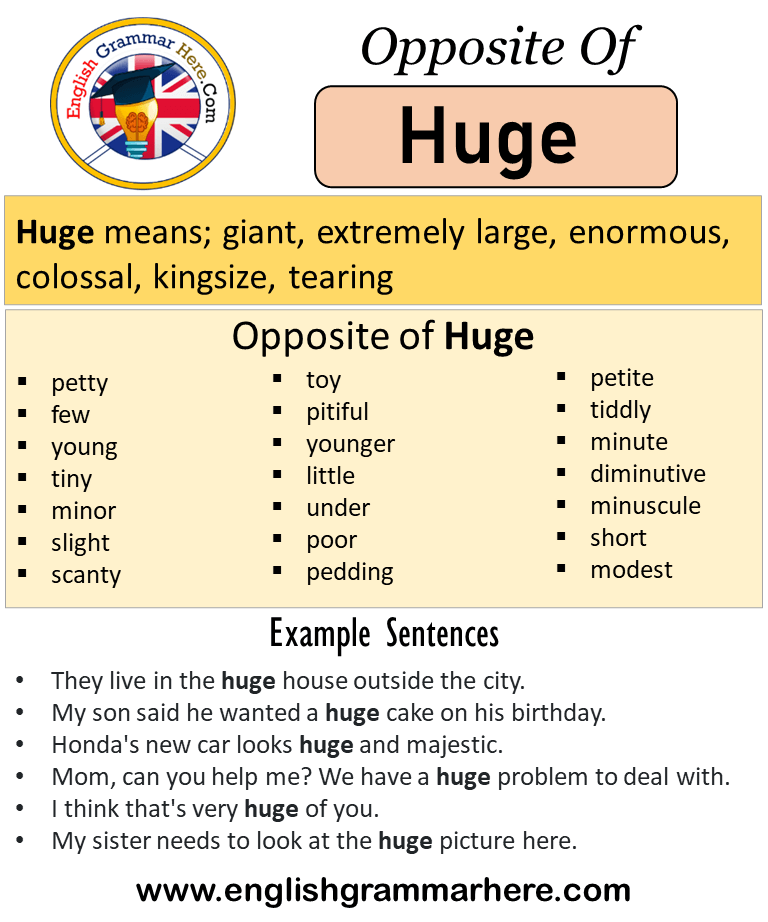
Within the domain of memory this means that several dissociations could be observed. There are different types of memory: Memory is an umbrella term which encompasses several different cognitive processes. Cognitive functions be spared/impaired relative to other cognitive functions. Learning and retaining: Some techniques may help us learning and retaining what we have learned better. How does this happen? Can we learn without noticing? Which bits and bolts of the brain allow us to learn? Learning is a highly flawed system. How do we learn? We are almost constantly learning. Finally, the lectures will touch upon the issue of how imperfect our memories are and what we could do to improve our retention. The lectures will illustrate also how and why we forget, and what happens when we forget too much. Core text of neuroanatomy, 2nd edn.These lectures are about why and how we learn, what happens in our brain when we learn and how understanding the basic principles of learning can shape our behaviour. McGraw-Hill, New York, pp 553–563Ĭarpenter MB (1978) Olfactory pathways, hippocampal formation and the amygdala. In: Wilkins RH, Rengachary SS (eds) Neurosurgery. Shuping JR, Toole JF, Alexander E (1980) Transient global amnesia due to glioma in the dominant hemisphere. Hartley TC, Heilman KM, Gracia-Bengochea F (1974) A case of a transient global amnesia due to a pituitary tumor. J Neurol Neurosurg Psychiatry 17:115–123īoudin G, Pépin B, Mikol J, Haguenau M, Vernant JC (1975) Gliome du système limbique postérieur, révélé par une amnésie globale transitoire. Williams M, Pennybacker J (1954) Memory disturbances in third ventricle tumours. Rose FC, Symonds CP (1960) Persistent memory defect following encephalitis.


Arch Neurol 5:244–263ĭrachman DA, Adams RD (1962) Herpes simplex and acute inclusion-body encephalitis.

Report of a case with some remarks on the anatomical basis of memory. Victor M, Angevine JB, Mancall EL, Fisher CM (1961) Memory loss with lesions of hippocampal formation. Acta Neurol Scand 50:133–145ĭeJong RN, Itabashi HH, Olson JR (1969) Memory loss due to hippocampal lesions. J Neurol Neurosurg Psychiatry 20:11–21īenson DF, Marsden CD, Meadows JC (1974) The amnestic syndrome of posterior cerebral artery acclusion. Scoville WB, Milner B (1957) Loss of recent memory after bilateral hippocampal lesions. Memory deficit produced by bilateral lesions in the hippocampal zone.


 0 kommentar(er)
0 kommentar(er)
